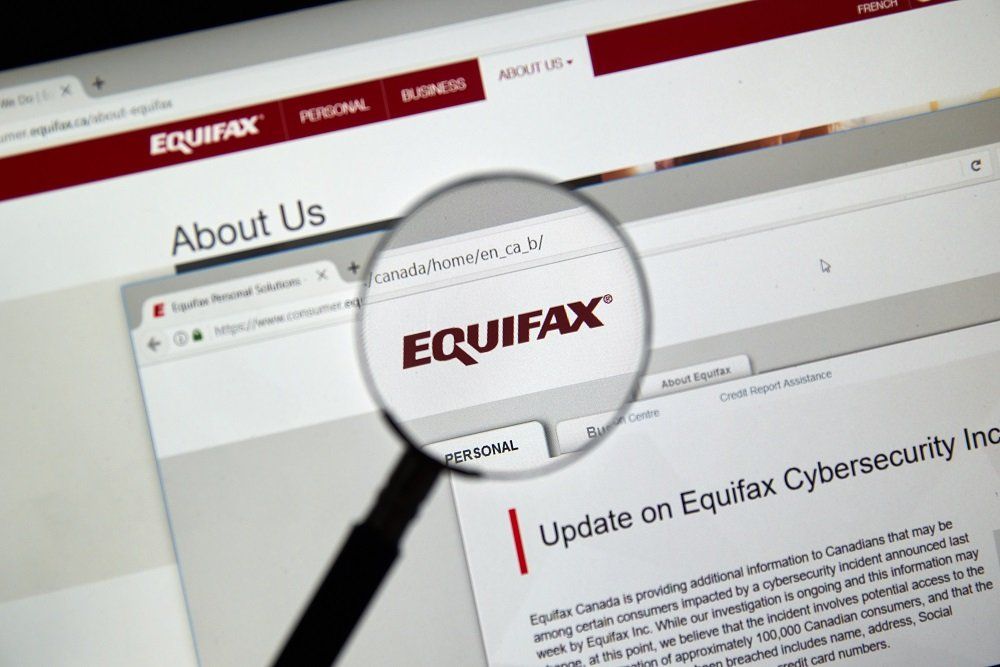What You Need To Know About the Equifax Data Breach
We have recently begun investigating the depth and ramifications of the Equifax Data Breach at the request of clients and friends. Equifax recently announced it was subject to a hack which exposed the personal information of about 143 million Americans (approximately 44% of the entire population!), including social security numbers, driver’s license numbers, birth dates, home addresses, and other sensitive information.
Though Equifax discovered the hack in July, they waited more than a month to disclose the information to the public, and several company executives sold off stock before going public. While America scrambles to get to the bottom of this scandal, it’s important to know your rights and how you can protect yourself from harm if your data was stolen.
How Do You Know If Your Data Was Stolen?
Unfortunately, there is no way to know for sure whether your information was stolen at this time. Equifax has set up a website at which you can enter some of your personal information (your last name and the last six digits of your social security number) to check if your information was stolen. However, when one of our staff members entered his information, he was told only that he was a “potential” victim.
Given the immense number of Americans affected by the hack, the best course of action is to assume your data was stolen and act accordingly.
How To Protect Yourself If Your Data Was Stolen?
The information obtained by the hackers is incredibly sensitive and can be used immediately to steal your identity. Using your social security information, hackers can open credit cards in your name, purchase a house, an apartment or a car. A savvy hacker could even file tax returns in your name and collect a refund!
The first step is to monitor your credit for any suspicious activity. You can check your credit report for free annually at the three major credit reporting bureaus - Equifax, Experian, and TransUnion – by going to www.annualcreditreport.com. New accounts and activity that you do not recognize could indicate identity theft and fraud.
Equifax is also offering free credit monitoring for one year to consumers potentially affected by the breach. There was initially some concern about language in the terms and conditions of the free monitoring agreement that seemed to force any legal disputes, including the breach, into private arbitration. However, Equifax has apparently removed this language from the agreement and publicly announced the arbitration clause would not be enforced.
You can call one of the three credit bureaus and request that a fraud alert is placed on your account. A fraud alert will alert you to any new activity on your account. This is a free service, and once you contact one credit bureau, the others will be notified as well.
As a more extreme step, you could also place a credit freeze on your files, which locks your credit report so it cannot be easily requested. This will make it hard for identity thieves to open new accounts in your name. A credit freeze will not, however, keep identity thieves from making changes to your existing accounts.
Joining the Class Action Lawsuits
Several class action lawsuits have already been filed seeking billions in damages for the breach. These actions are awaiting consolidation and class action certification. Once the class is certified, those affected by the breach will be able to join into the lawsuits.
At the Law Office of Alvin F. de Levie & Associates, we are closely monitoring the lawsuits and investigating whether our clients and friends were victimized as a result of the breach. If you believe you were affected by the Equifax Data Breach, a dedicated member of our legal team is available to take your call 24 hours a day, seven days a week. Contact us today at (844) 777-2529 to discuss your case.






























